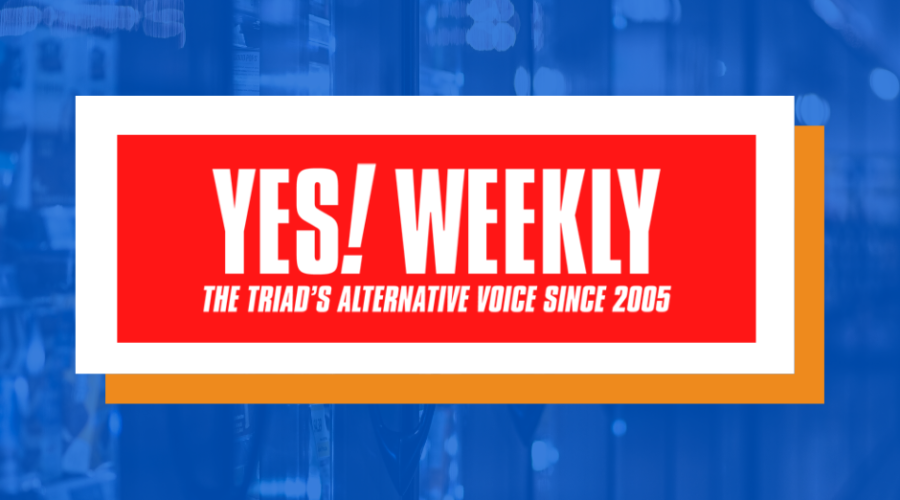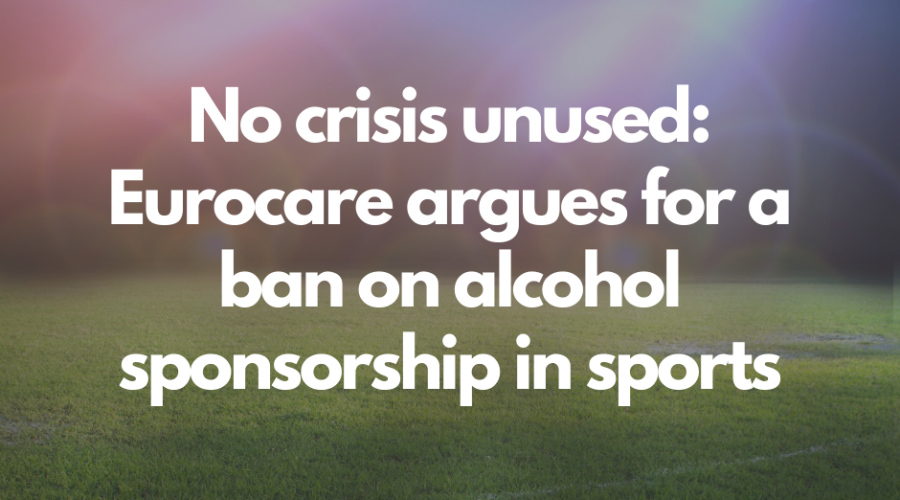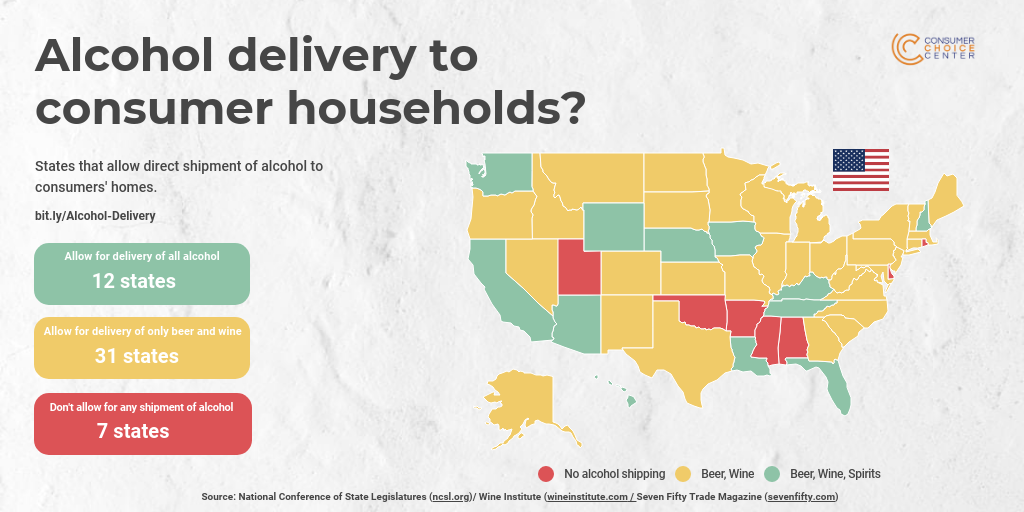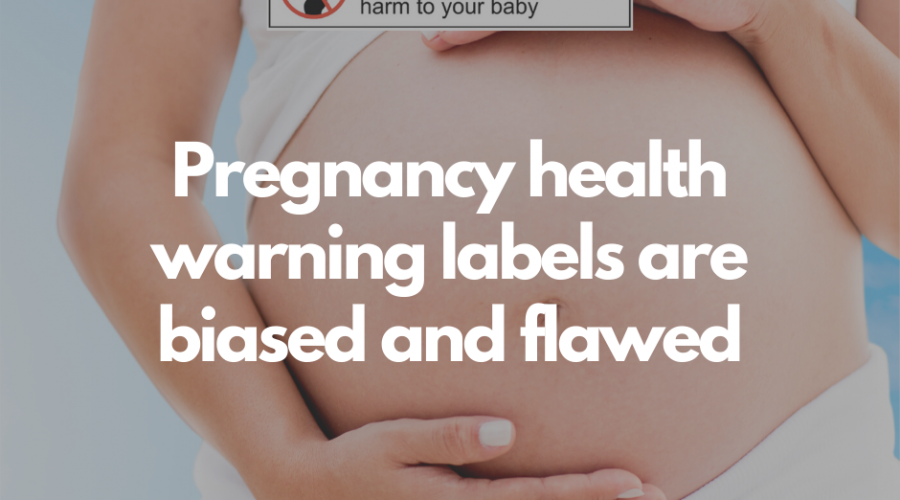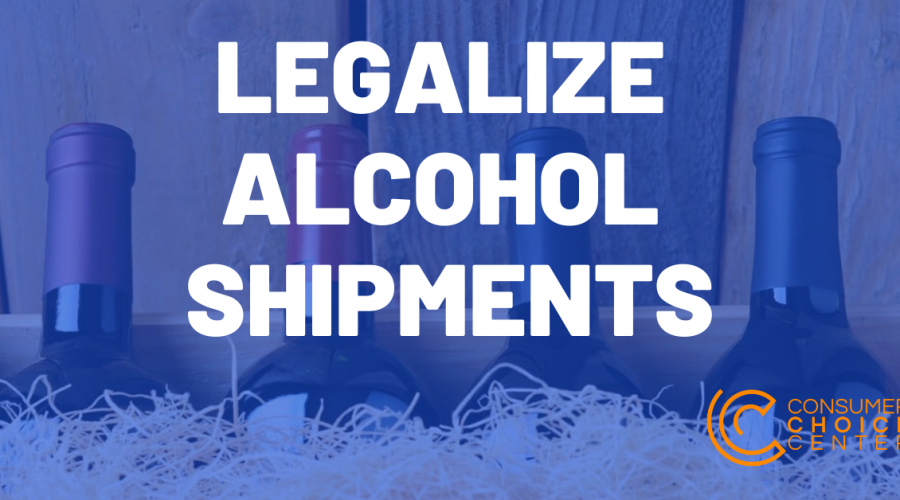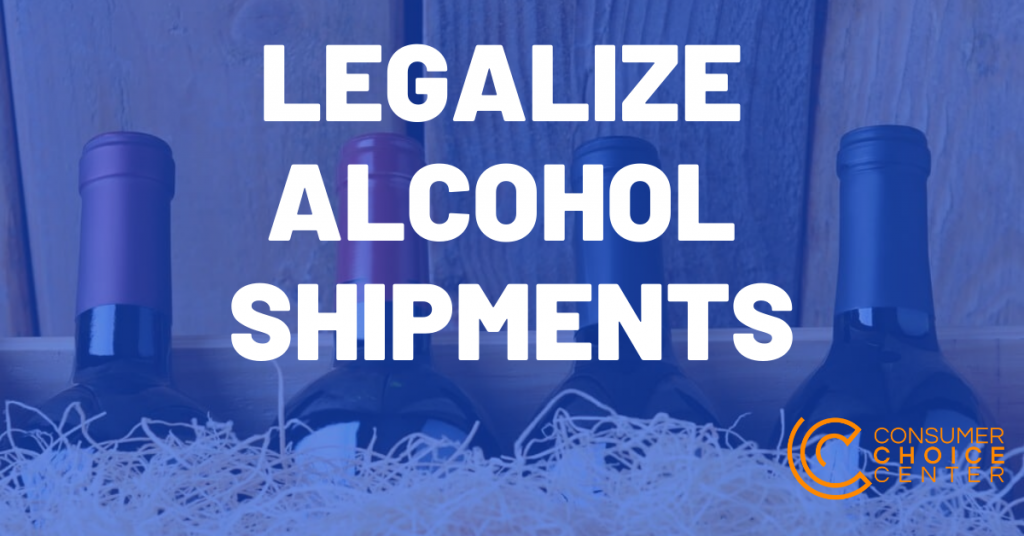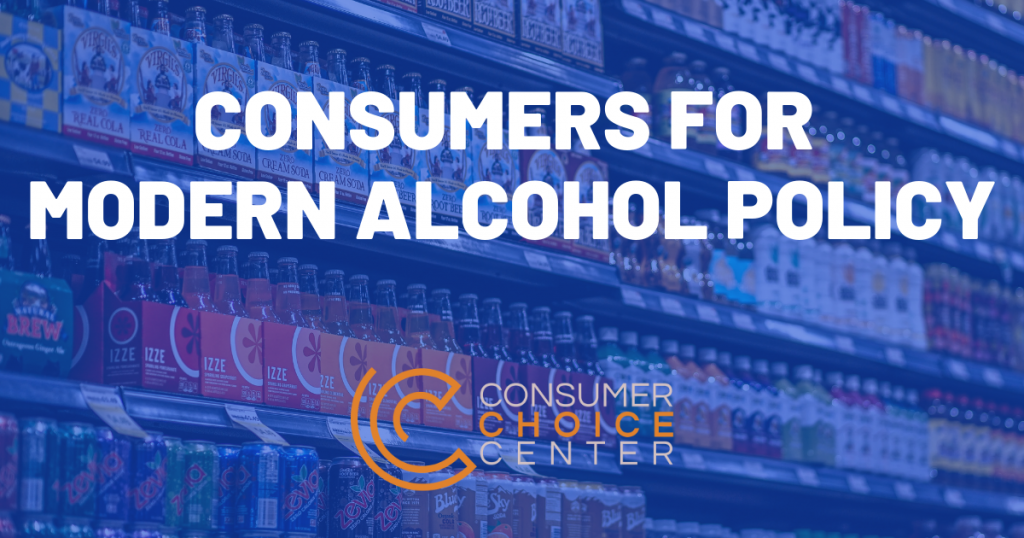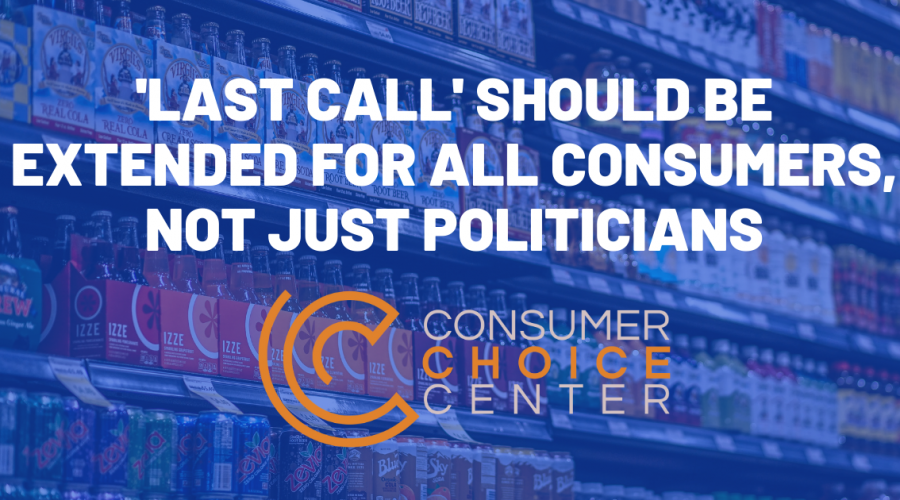Consumers and Bar/Restaurant Owners say “YES” to HB 536
The Consumer Choice Center endorses a safe and timely return to business for areas with a lower risk for coronavirus outbreak
Raleigh, N.C. – Yesterday, the NC State Senate passed HB 536, the bill intended to safely re-open bars and restaurants in accordance with the guidelines set by both the Centers for Disease Control and Prevention and the North Carolina Department of Health and Human Services.
Yaël Ossowski, Deputy Director of the Consumer Choice Center said:
“Giving business owners the legal means to safely open and serve customers is now a necessity,” said Ossowski. “Establishments in high-risk areas should be advised to remain closed until health authorities say otherwise, but that decision must be with business owners.
“We all recognize the risks from the spread of COVID-19, but we must now trust that both owners of bars and restaurants and consumers will be responsible and follow the guidelines set by state and federal authorities.
“A one-size-fits-all approach for the entire state, in which cities and counties face all the same restrictions despite differing numbers of cases, is no longer tenable after more than two months of lockdown,” said Ossowski.
“This bill includes provisions for reopening safely in both outdoor and inside spaces, as well as endorsing modernized alcohol policy that favors all consumers and residents of North Carolina. Gov. Cooper should sign this bill and give North Carolinians renewed confidence to safely re-engage in commerce.”
“The Legislature should also look to make permanent changes to our alcohol laws to better empower consumers and offer them more choice. Loosening restrictions on how food and drink establishments can serve, offer, and deliver their products should be immediately taken into consideration,” said Ossowski.
More about our proposal for Modernized Alcohol Policies here.
The Consumer Choice Center is the consumer advocacy group supporting lifestyle freedom, innovation, privacy, science, and consumer choice. The main policy areas we focus on are digital, mobility, lifestyle & consumer goods, and health & science.
